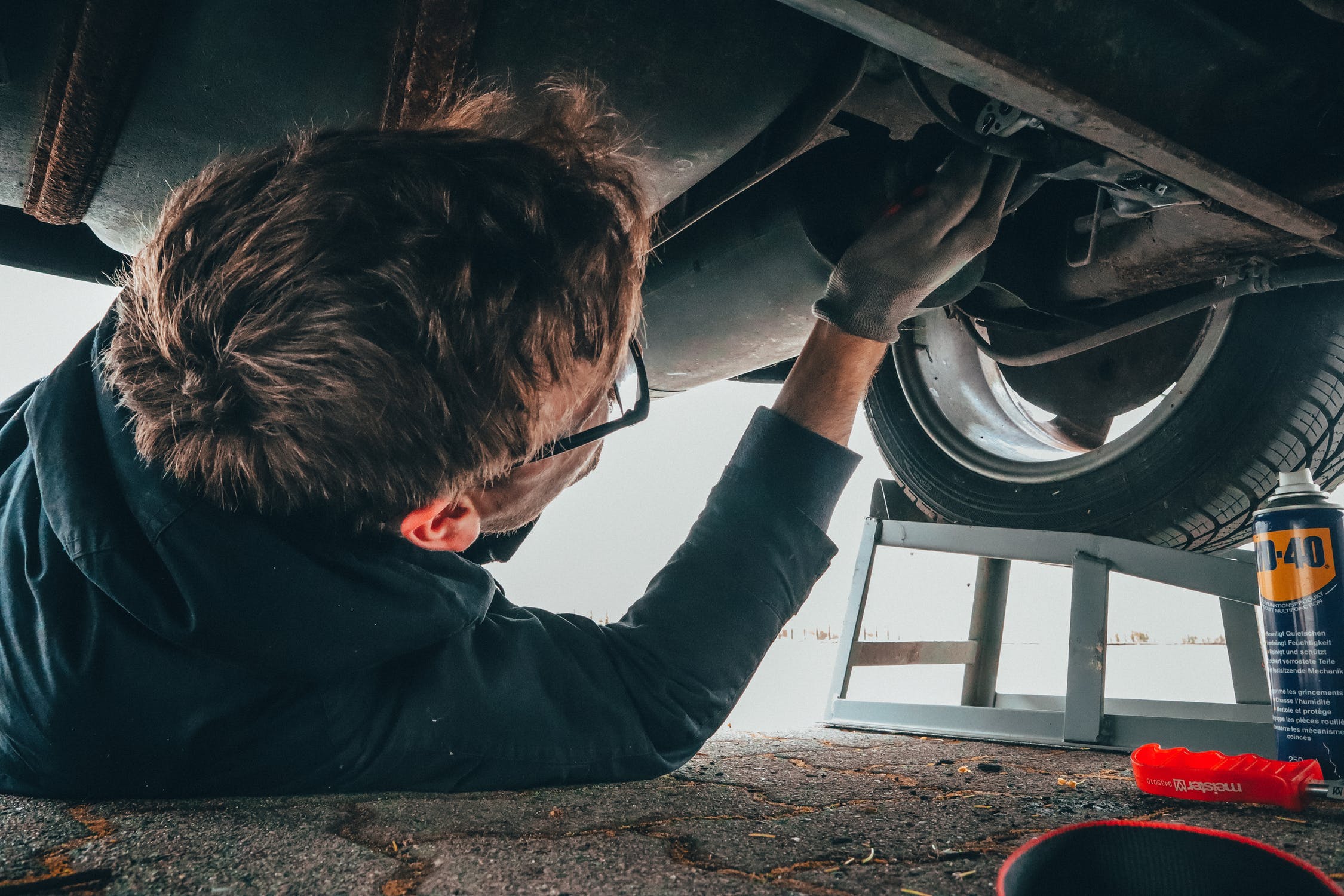No one can ever predict an accident, even though they happen quite often and it can be one of the worst experiences to ever happen to someone. Even though people are careful while driving, it is still possible for them to get into an accident.
When you’ve been in a collision on the road and it wasn’t your fault, the law states that you have certain rights when it comes to compensations and reimbursements. If you believe that you were not the at-fault driver and you can prove it, then read on to know what you’re entitled to and if you will be reimbursed for your damages.
Remember Your Rights
Every accident victim should remember their rights after a non-fault accident. You have the right to file for an insurance claim to cover the damages and car repairs. It’s possible to get the reimbursements from the at-fault driver, but it’s usually done through their insurance company.
The driver that caused the accident has a legal liability to the other party and for the pain or suffering that the accident might have caused. Any losses or injuries suffered should be payable by the at-fault driver.
You just need proof that the accident wasn’t your fault, especially if the other party denies that it was their fault and doesn’t take responsibility for it. In most cases, this can be determined by the police who arrive at the crash site. They will write a report and legally prove who was responsible for the collision based on their investigation and inspection of the site.
Issues with Insurance Companies
You might have some issues with insurance companies because they always try to find ways to pay the minimum amount for a claim. Sometimes they might not pay at all. You will need to discuss this with your lawyer to see if there is a way to get what you deserve. Most states have specific laws that can help road accident victims. If the accident happens in Michigan, your attorney can explain the benefits of mini-tort claims if the at-fault party’s standard insurance doesn’t cover collisions. This claim gives you the right to get up to $1000 for damages and car repairs. The law states that the other party must comply with this claim because of their legal liability.
Further, your car must have a Michigan coverage plan and a no-fault insurance policy. There will always be a way to get you the compensation for your car repairs if the insurance companies aren’t going to pay.
Types of Payments Depending on the Car’s Condition
You can expect different types of payments depending on the condition of your car. If your car isn’t driveable, then an adjuster or representative from the insurance company will come to you to inspect the car and estimate the cost of the damages. Then you will get a check to use when you take your vehicle to the auto shop. If your car was totaled and it would cost more than the vehicle’s value to repair, then you might get the GAP (Guaranteed Asset Protection) insurance benefits.
This is when the insurance company calculates the fair market value of your car if it could have been sold before the accident and compares it with the repair cost estimates. They will determine which one costs less and they would pay you for that amount.
If your car was drivable and the damages weren’t too severe, the insurance company will ask you to drive to their location for inspection. Then they will estimate the damages and pay for them after you’ve confirmed with an auto shop the cost of repairs.
In some cases, the auto shop will not agree with the estimate given by the insurance company. You’re legally allowed to ask the auto shop’s manager to call the insurance company and discuss the real cost of repairs. You might have to take your car to several body shops to get different estimates. The insurance company will write you a check for the lowest estimate determined by those body shops.
Road accidents happen thousands of times every year. It is a sad fact when it comes to people’s driving habits, but most of the time it isn’t your fault. When it’s not your fault, you have rights and settlements that you’re entitled to. You just need to understand the process, get legal advice, and prepare all the documents needed. Depending on the situation, you can be compensated in full for the damages, and with extra reimbursements for medical bills or psychological trauma. You have rights and the law can help you get exactly what you deserve after you’ve been in an accident.


